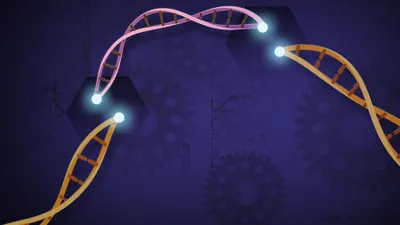Intellia's Promising CRISPR Therapy for Hereditary Angioedema Faces Market Challenges

Intellia Therapeutics has reported encouraging Phase II data for its CRISPR-based therapy, NTLA-2002, aimed at treating hereditary angioedema (HAE), showcasing an 81% reduction in monthly attack rates for patients receiving the 50 mg dose over the weeks five to 16 period[1][2]. In this cohort, 8 out of 11 patients experienced complete response, remaining attack-free over a median follow-up of eight months, highlighting the potential of NTLA-2002 to serve as a long-term solution[2][3]. Despite these promising outcomes, Intellia's shares fell by 9% amid market concerns, driven by high previous expectations and competition from emerging therapies[1].
References
Explore Further
What factors contributed to Intellia's stock drop despite the promising Phase II results for NTLA-2002?
How does NTLA-2002's efficacy compare to current leading therapies for hereditary angioedema?
What specific challenges does Intellia face in advancing NTLA-2002 to a Phase III trial?
In what ways might competition from other therapies impact Intellia's strategy for NTLA-2002?
What are the potential next steps for Intellia in addressing unmet investor expectations for their CRISPR therapy?